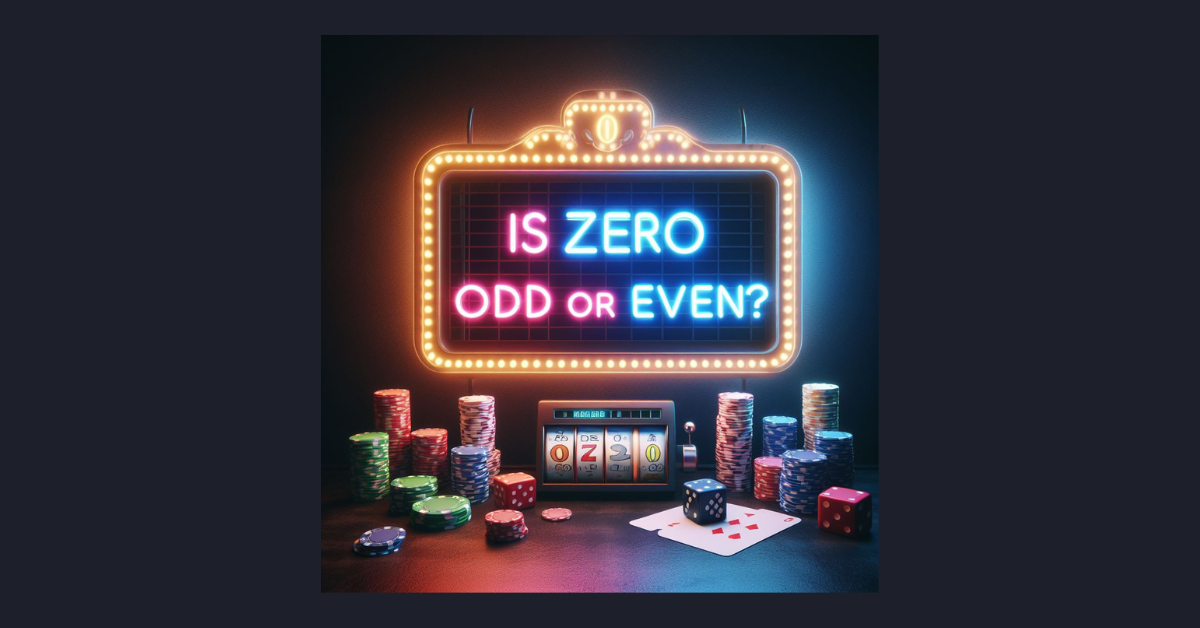Understanding the concept of odds in betting
Odds in betting refer to the probability of a particular outcome occurring. They are usually expressed as a ratio, fraction, or decimal. Understanding odds is crucial for bettors as it helps them assess the likelihood of an event happening and determine the potential payout.
In simple terms, odds can be categorized as either “odds in favor” or “odds against.” Odds in favor indicate the likelihood of an event occurring, while odds against show the probability of an event not happening. For example, if the odds of a team winning a game are 2:1, it means there is a 2 in 3 chance of them winning according to the bookmaker. Bettors use these odds to make informed decisions and strategize their bets accordingly.
Exploring the definition of even and odd numbers
Even numbers are integers that can be divided by 2 without leaving a remainder. In other words, if a number can be expressed as 2 multiplied by another integer, then it is classified as an even number. Examples of even numbers include 2, 4, 6, 8, and so on. The defining characteristic of even numbers is that they always end in 0, 2, 4, 6, or 8.
On the contrary, odd numbers are those integers that cannot be divided by 2 evenly. When an odd number is divided by 2, there will always be a remainder of 1. Examples of odd numbers are 1, 3, 5, 7, and so forth. Odd numbers end in 1, 3, 5, 7, or 9, establishing their distinction from even numbers.
Zero as a unique number in mathematics
In mathematics, zero is a peculiar number that holds a distinct position unlike any other. It is neither positive nor negative, yet serves as a critical placeholder in numerical sequencing, enabling the notion of magnitude and direction. The existence of zero allows for the representation of absence or emptiness, offering a fundamental building block for various mathematical concepts and calculations.
Without zero, the concept of a numerical scale would lack a crucial anchor point, affecting mathematical operations and theories. Its introduction revolutionized the field of mathematics, paving the way for intricate systems like the number line and algebraic equations. Zero’s unique properties not only facilitate arithmetic operations but also play a vital role in advanced mathematical fields such as calculus and number theory, showcasing its indispensable significance in the realm of numbers and calculations.
How zero is treated in various betting scenarios
Zero holds a special place in various betting scenarios, particularly in games like roulette. In games where zero is present, it often serves as a unique number that can significantly impact the outcome of bets placed by players. The presence of zero can alter the odds and potential payouts, adding an additional element of excitement and complexity to the game.
In some betting scenarios, zero may be considered a neutral or non-factor, leading to certain bets being treated as neither wins nor losses if zero is the outcome. This treatment of zero varies depending on the specific game and rules in place, highlighting the importance of understanding its role in different betting contexts. Players keen on mastering their betting strategies should carefully consider how zero is treated in each scenario to make informed decisions and optimize their chances of success.
The significance of zero in roulette and other casino games
In roulette and other casino games, zero plays a crucial role in determining the outcome of bets placed by players. Zero is a green pocket on the roulette wheel, separate from the red and black pockets numbered from 1 to 36. This distinction creates a unique dynamic in the game, offering the casino a house edge over players.
When the ball lands on zero in roulette, all outside bets such as red or black, odd or even, and high or low, lose. This gives casinos an advantage in the game, making zero a significant factor for the house to secure consistent wins. Additionally, in some variations of roulette like the European version, there is only one zero pocket, while the American version features both a single and double zero, further altering the odds in favor of the casino.















